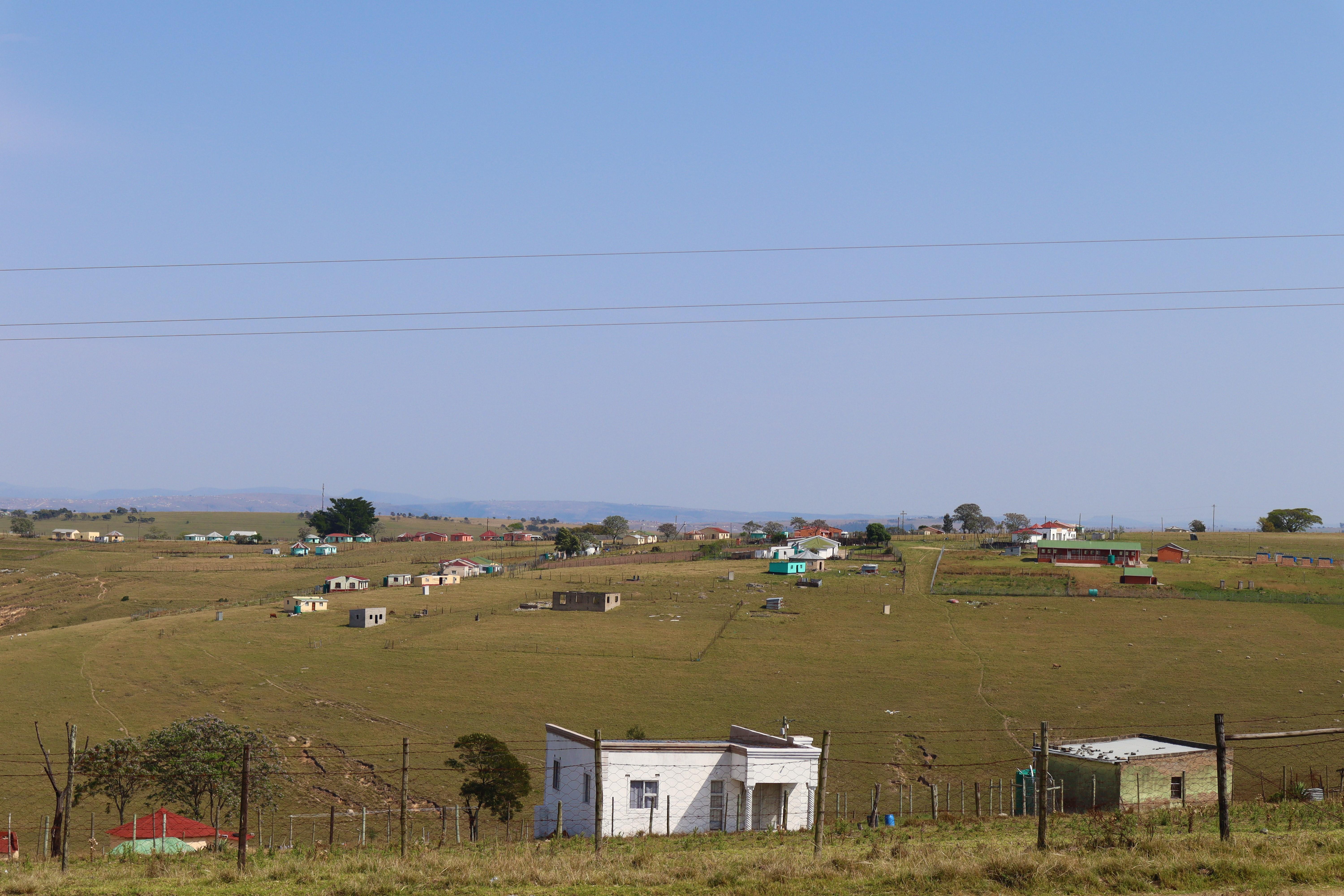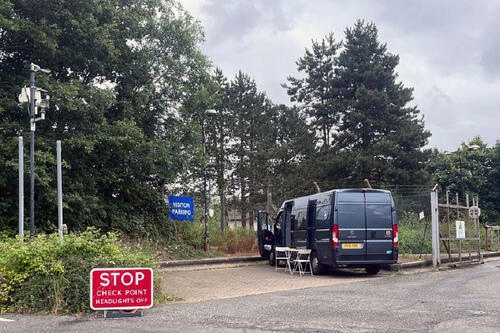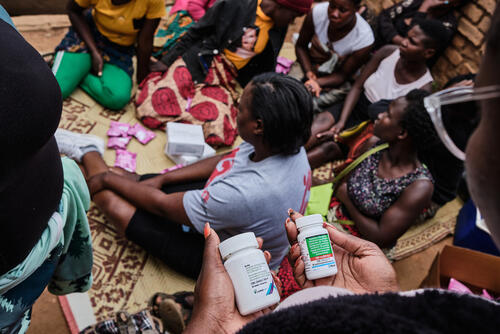In South Africa, Medecins Sans Frontieres (MSF) has opened a new project in the country’s southeastern Eastern Cape province. The new project provides a community-focused approach to care for people with non-communicable diseases, including diabetes and hypertension. Camren McAravey, MSF country operations manager in South Africa, provides more detail in this interview.
What’s the aim of the new project?
MSF is supporting the Eastern Cape Department of Health to improve services for patients with
chronic conditions, with a focus on type 2 diabetes and hypertension. With the help of community-based organisations, we want to take some of those services closer to communities.
We also aim to offer new treatment options to patients. If our research during this project shows that better outcomes can be achieved with the new medicines, we will advocate for the government to make these medicines available to patients through the public health system.
Why was Eastern Cape province chosen?
After supporting the COVID-19 response in several major Eastern Cape hospitals, MSF came to realise that the Eastern Cape health system is in need of support. We specifically noted that the burden of chronic conditions is high, whereas access to chronic care is insufficient and the standard of chronic care is often poor.
In addition to this, we have found Department of Health staff in Eastern Cape and especially those working in Amathole District, to be very cooperative and open to working with MSF.
Why the focus on non-communicable diseases?
In the Eastern Cape, we know that treatment coverage for diabetes and hypertension is poor. Eastern Cape province has a diabetes prevalence rate of 12.5% amongst adults, but a treatment coverage rate of only 34.6%. In other words, nearly two-thirds of people who have diabetes are not receiving treatment.
It is our experience that many of the patients who are accessing diabetes and hypertensive care are not being managed well. The control of their diseases is poor, with patients still having many complications.

Patients with non-communicable diseases are required to travel long distances, up to twice a month, for treatment. We find that patients on chronic treatment are not making good use of the options that are available to them, for picking up their medication in a way that is convenient and inexpensive.
We believe that much of what MSF in South Africa has learned over the last two decades in treating HIV and tuberculosis (TB) is relevant to the care of diabetes and hypertension. These lessons can be easily adapted to transform the ways in which non-communicable diseases are identified and managed.
How does MSF plan to help?
The project has four major components.
First, we are supporting the establishment of more external Pick-Up Points. These are sites in communities where stable patients with chronic conditions can go to pick up their medicine, thereby avoiding clinics and queues.
There are very few Pick-Up Points in rural areas. In supporting the establishment of Pick-Up Points in rural communities, we want to demonstrate that chronic medication for diabetes and hypertension can consistently and sustainably be made available via these sites.
To do this, we’re relying on community engagement and empowerment, our second component. Community leaders are helping us to identify convenient pick-up sites, and we are supporting community-based organisations to register and sustain new Pick-Up Points.
Third, we’re providing clinical mentorship. We’re supporting clinic doctors and nurses to better identify and manage patients with non-communicable diseases. This includes identifying patients that are eligible to use Pick-Up Points; in doing so, it could reduce the pressure on clinic services. We’re also supporting efforts to improve retention in care, mainly with health promotion and patient support.
Fourth, we aim to provide access to new treatment options. We want to see if we can improve patient outcomes using diabetes and hypertension treatment options that are widely available in the private sector, but not in use in the public health system.
If our research finds that better treatment outcomes for people can be achieved with new medicines, we will advocate to have these new medicines included on the Essential Medicines List.






